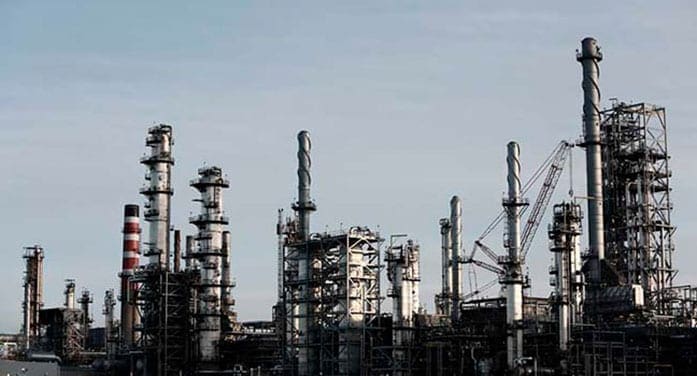 Why would consumers treat tyranny oil differently than blood diamonds or clothing made by child labour?
Why would consumers treat tyranny oil differently than blood diamonds or clothing made by child labour?
One of the more bizarre reactions to bare facts came recently after a colleague and I analyzed oil-and-gas-producing countries and their degree of freedom – the Tyranny Index, as we labelled it.
Some argued such tracking is irrelevant because all that matters is the price per barrel.
The Tyranny Index matches worldwide oil and natural gas production data since 1980 with the type of government that rules over various countries. It uses rankings from a Washington, D.C.-based think-tank, Freedom House.
Critical freedoms measured by Freedom House include civil liberties, political pluralism, the rule of law, freedom of expression and belief, political rights, personal autonomy and individual rights.
After scoring each country, the group separates them into three broad categories: Free, Partly Free, Not Free.
We matched up the Freedom House rankings with energy-producing countries and the results were as expected: Saudi Arabia is ranked as Not Free, Canada is Free and Kuwait is Partly Free.
A fascinating aspect of the data is how much oil and gas is produced in autocracies, dictatorships and tyrannies in total, and also the trend lines over the decades.
For example, in 1980, 49 percent of oil production was in countries ranked Not Free. That proportion dropped to 33 percent by 1990, a decline explained in part by the opening of the Soviet Union and a change in its ranking from Not Free in 1980 to Partly Free 10 years later.
Also, some countries deemed Free were producing more oil. This was the case in Norway, where production soared to over 1.7 million barrels daily in 1990 from just 529,000 barrels a decade before.
By 2019, the proportion of oil produced by Not Free countries worldwide was 51 percent.
The same dynamic is at play in natural gas production but the differences over the decades are stark.
In 1980, 36 percent of natural gas came from Not Free countries. That dipped to just eight percent by 1990, but rose to 19 percent by 2000 and 45 percent by 2010. As of 2017, the most recent year of available data, 49 percent of natural gas production worldwide occured in Not Free countries. The top five on that list are Russia, Iran, China, and Saudi Arabia.
This matters for a variety of reasons:
- Oil and gas revenues can be used by tyrannies, autocracies and dictatorships to oppress their populations.
- Regime leaders can (and often do) siphon off profits to their own pockets – Venezuela is a prime example.
- Not Free regimes wield significant power over the supply of oil and natural gas exported to vulnerable populations. This occurred in 2009 when Russia cut natural gas supplies to Ukraine in mid-winter over a pricing dispute.
- Not Free nations can dramatically manipulate prices on the world market beyond what would occur in a normal economic boom or bust.
This state-directed dynamic was obvious in February when Saudi Arabia’s energy ministry directed Saudi Aramco to significantly raise production and flood the world market with oil.
When an autocracy or dictatorship has significant leverage over a product, other countries dependent on that product can be severely impacted.
In response to all this, some who consider themselves ethical suddenly retreat to the claim that tyranny-type measurements are irrelevant. All of a sudden, all that matters is the price.
There certainly can be limited options for some citizens, companies and governments in democracies when it comes to what might best be called tyranny oil or gas. Drivers can’t switch between Saudi and Saskatchewan gasoline at the pumps. And some refineries are set up for light Middle East oil and not heavy Canadian crude, for example.
However, choices by investors and governments are possible.
When so-called ethical investors don’t treat tyranny-produced oil in the same manner they might a T-shirt made by child labourers in southeast Asia or blood diamonds mined with slave labour in Africa, they make a choice.
When politicians (be they federal, in British Columbia or Quebec) attack the energy sector or enact anti-oil and gas policy, they too make a choice.
Such governments could, at a minimum, stop making Canadian oil and gas extraction and exports difficult.
Some citizens in democracies glibly oppose oil and gas as if either can be replaced easily. They might instead think of oil and natural gas as ethical when it originates in Canada and akin to blood diamonds when it comes from tyrannies.
Mark Milke is executive director of research for the Canadian Energy Centre, an Alberta government corporation funded in part by carbon taxes, and is co-author with Lennie Kaplan of The Tyranny Index for Oil and Gas.
The views, opinions and positions expressed by columnists and contributors are the author’s alone. They do not inherently or expressly reflect the views, opinions and/or positions of our publication.


